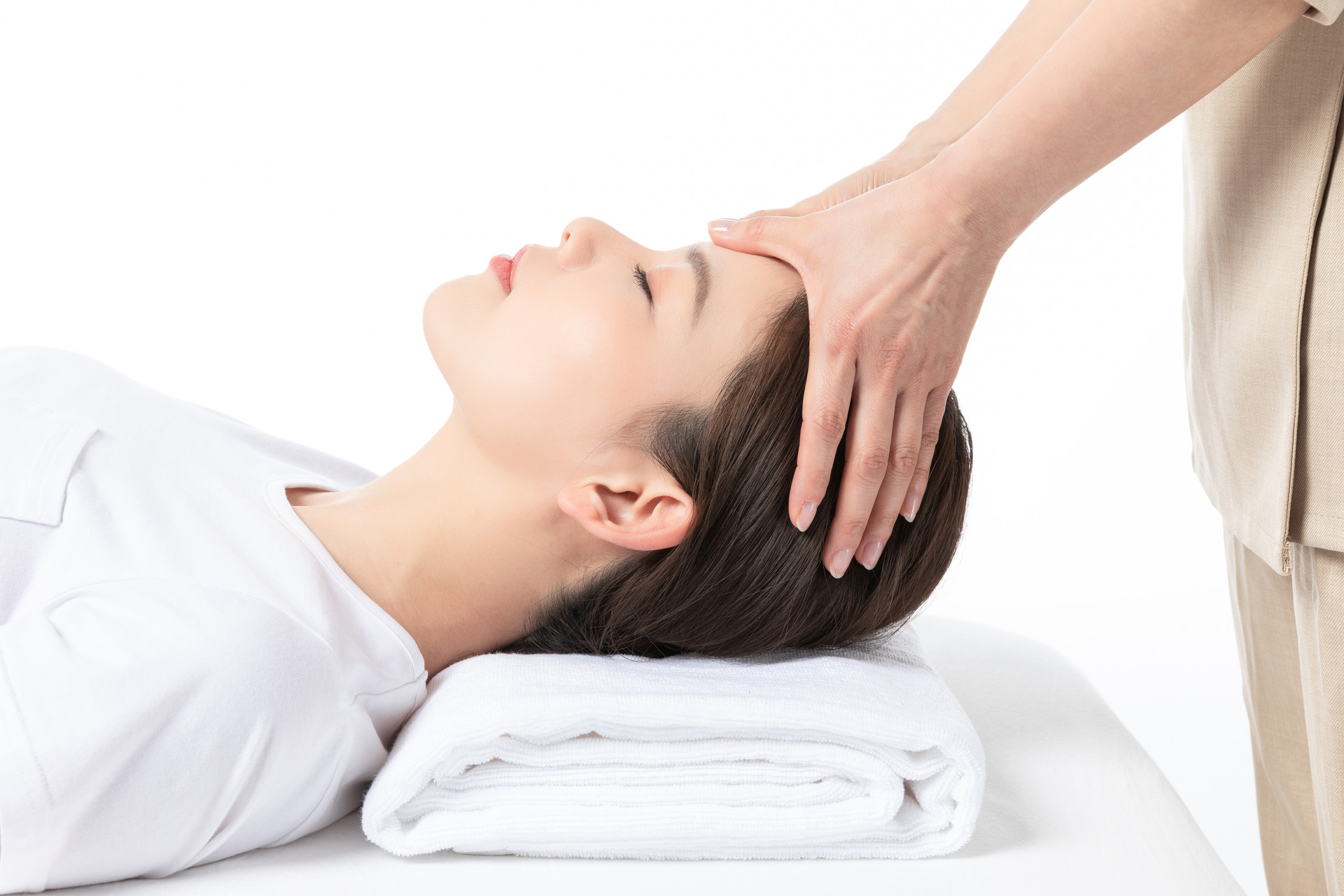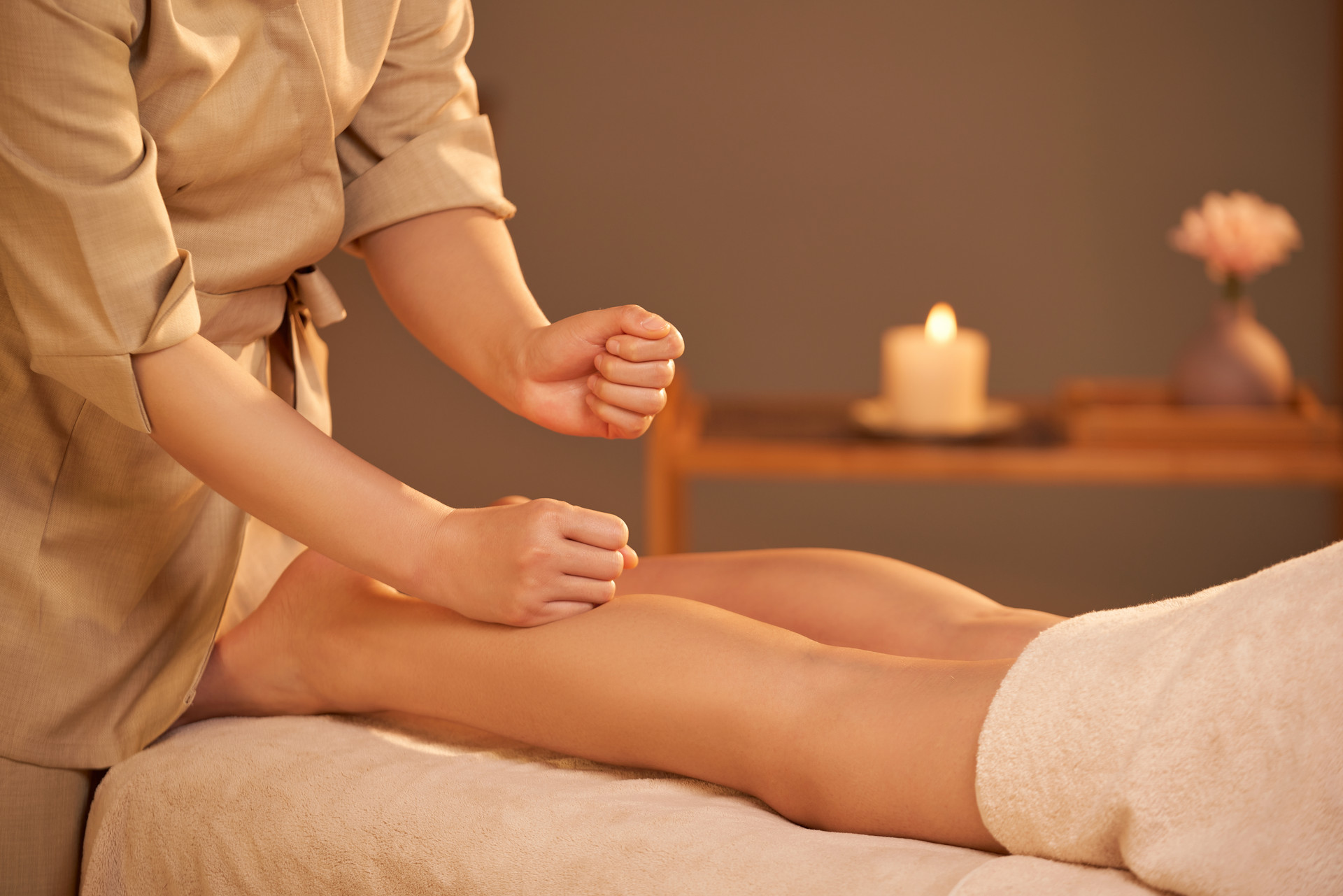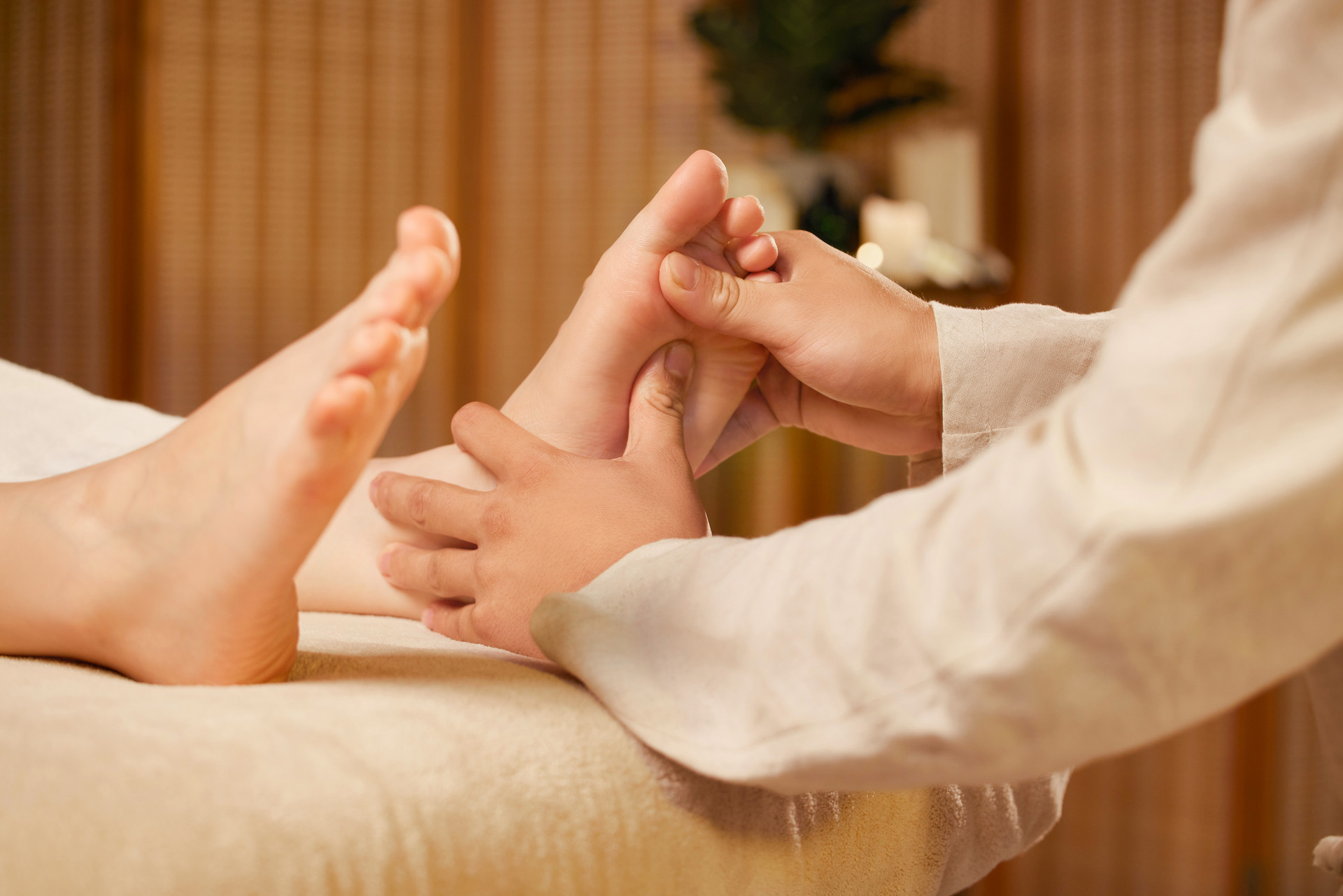We can eat food thanks to the role of our teeth, and having bad teeth can be very frustrating.
Why does massaging the gums help to strengthen the teeth?
Regularly massaging the gums in the morning and evening can thicken the gum epithelial tissue and enhance its keratinization. It also improves blood circulation, enhances nutrient supply, helps with metabolism, and strengthens the protection against bacteria and local irritants. This not only prevents gum recession, but also enhances gum regeneration and the firmness of the teeth.
Four methods of gum massage
External gum massage: After brushing your teeth before bed, place your right index finger on the corresponding external skin of the gum and massage each part of the gum from left to right and from top to bottom. The massage direction is upward for upper teeth and downward for lower teeth. Gently knead each part 50 times, or you can do small circular motions. For the inside of the teeth, you can use your tongue to press against the gum and massage each part 50 times using the same upward-downward motion.
Internal gum massage: After washing your hands and rinsing your mouth, place your left index finger on the gum inside your mouth. Massage each part of the gum 50 times, with upward motion for upper teeth and downward motion for lower teeth. Then rotate or move the finger back and forth to massage each part 50 times. Note: If possible, you can wear a sterilized finger cover for the massage.
Toothbrush massage: After brushing your teeth every day, press the bristles at an angle of about 45 degrees against the gum to temporarily cause ischemia and whiten the gum. After 5-10 seconds, relax the toothbrush to allow the gum to reperfuse. Repeat this process.
Chewing massage: Eat more fibrous vegetables (such as celery) or firm fruits (such as apples) to massage the gums.
The secret to protecting teeth in traditional Chinese medicine
1. Love your teeth, nurture your kidneys first
In traditional Chinese medicine, any local ailment is related to the overall health condition of a person. The health of teeth is directly related to the function of the kidneys. Sparse teeth and loose teeth are related to kidney deficiency. You can wipe your teeth with dried lotus grass or licorice. You can also use Chinese herbs such as horny goat weed, Chinese yam, and eucommia bark to grind into powder and consume. The former cleans the teeth, while the latter nourishes the kidneys and strengthens the bones. Winter is the golden season for kidney care, which guarantees the health of your teeth from the source throughout your life.
Recommended tooth-strengthening porridge - Achyranthes and Rehmannia Black Bean Porridge
Ingredients: 12g of achyranthes, 15g each of raw rehmannia and cooked rehmannia (wrap the three medicinal herbs with gauze and remove after cooking the porridge), 60g of black beans, 100g of glutinous rice. Cook into porridge.
Suitable for people with kidney deficiency.
2. Tap your teeth 30 times a day for stronger teeth
The great writer Su Shi had good teeth even in his old age, and it is said that he had a good habit that lasted his whole life - tapping his teeth 30 times a day. Experts believe that tapping teeth is a simple and effective way to protect teeth. In your spare time or after meals, rhythmically tap your upper and lower teeth together, making slight sounds, and repeat this 30 times. This can not only exercise the facial muscles but also protect the teeth. Some Chinese medicine practitioners suggest closing your eyes and tapping your teeth while having a bowel movement, which can also help strengthen the teeth.
3. Saliva has natural protective functions for teeth
In traditional Chinese medicine, saliva is a natural cleanser in the oral cavity. Stir your mouth with your tongue for 1 minute to produce rich saliva. After rinsing for a while, slowly swallow it to allow the mouth to self-cleanse. In addition, if you feel dryness in your mouth, besides drinking more water in a timely manner, you can also chew on 2 pieces of licorice or a piece of sour plum to stimulate saliva secretion.
4. Rinsing helps maintain dental health
After each meal, you should rinse your mouth immediately to remove food residue that can corrode the teeth. If you often attend social events with alcohol, you should rinse your mouth with warm water, tea, or soda water after each event. Fruit juice, fruit wine, and carbonated drinks can all erode the teeth to some extent. Prolonged attachment to the teeth increases the risk of dental diseases.
5. Gum diseases are related to the digestive system
Traditional Chinese medicine believes that gum diseases are related to the function of the digestive system. Gingival redness, swelling, and bleeding may be caused by stomach heat. For people with symptoms of stomach heat, they can eat more sesame and shredded lettuce (blanch the shredded lettuce with boiling water or soak it in warm salt water, sprinkle with black sesame, salt, and sesame oil, and mix well), watermelon rind (remove the thin skin of the watermelon, and make a salad or soup with the green flesh), and reed root soup (boil 30-50g of reed root in water). In autumn and winter, the diet should be light, and spicy and high-heat foods should be avoided to prevent causing excessive heat and affecting gum health.
6. A balanced diet benefits dental health
You should eat more walnuts, soy products, cheese, and seafood, which are beneficial for kidney health and bone strength. Eating refined desserts for a long time is not only detrimental to gastrointestinal health but also likely to leave "sweet threats" in the gaps between teeth. Eating harder foods is more beneficial for dental health. Choose foods with a good chewing texture, such as corn, kelp, beef jerky, and snack on apple slices, raisins, and celery sticks. The process of chewing these foods is a self-cleaning for the teeth.












